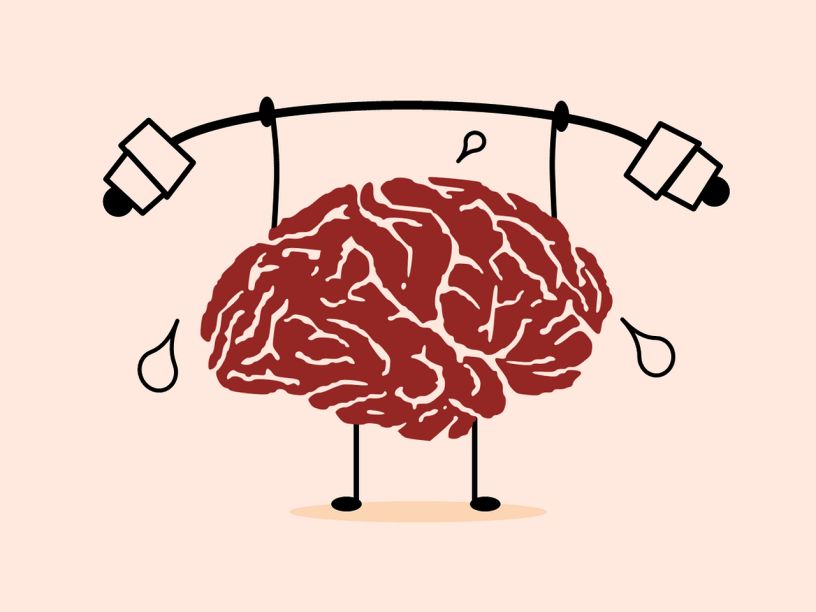Innovations pioneered on the continent are making treatment more possible and affordable, but more needs to be done.
Until recently, many people in Africa suffering from mental health problems had only two options: traditional or religious healing methods, and outdated psychiatric hospitals. In both cases, incarceration with little choice over treatment has been common.
With only one psychiatrist per 1m people in sub-Saharan Africa, more evidence-based and dignified treatment has been out of reach for the vast majority, African Arguments notes. In many countries, 90% of people with mental illness have no access to treatment. Even where they do, that “treatment” can often be more harmful than helpful, as a recent Human Rights Watch (HRW) report on mental health in Nigeria highlighted.
The challenge is compounded by the fact that in most societies, mental illness is still widely stigmatised, inhibiting both sufferers and their families from seeking help.
This is why a new approach to mental health is urgently needed across the continent so that people can access good-quality, affordable care. Thanks to innovations in awareness and treatment, many pioneered in Africa itself, this is now increasingly possible and affordable.
On November 20th, nearly 200 experts, advocates, researchers and practitioners from across Africa and the UK gathered in London to discuss how to bring these new approaches to those who need them.
Organised jointly by the Royal African Society and the London School of Hygiene and Tropical Medicine, with support from the World Health Organisation (WHO) and others, the conference explored how to promote new attitudes and treatments; and how to mobilise the resources necessary.
 Source: Creative Commons
Source: Creative Commons
Seven lessons
The meeting drew seven specific conclusions:
Firstly, it is essential to take a holistic approach to health, whereby mental health is assessed alongside physical health. A bigger effort is needed to train health workers to recognise the symptoms of mental health problems and recommend appropriate treatment.
Secondly, it is especially critical to identify mental health issues in children and treat them as early as possible. Half of all adult mental conditions start by the age of 14.
Thirdly, it is important to work with communities to spread better understanding. Traditional healers should also be regarded as a great potential asset and integrated into the process through outreach and training.
Fourthly, building up self-help groups of those with lived experience of mental health problems is essential to offer basic support. This had had a tremendous impact in reducing the stigma and prejudice against HIV sufferers in South Africa.
Such a growing network will, fifthly, help more people become aware of innovations in treatment, such as Zimbabwe’s “Friendship Bench” initiative, which has transformed the treatment of less severe mental health problems in cost-effective and culturally appropriate ways.
Sixthly, mental health needs good governance at the national level. It needs to be mainstreamed in national health strategies and budgets. Many countries have a mental health policy, but all too often it exists only on paper.
Finally, the conference said that it is equally important to change attitudes to mental health in the media in Africa to combat the stigmatisation that is such a serious barrier to better treatment and social acceptance. (African Arguments 3/12)

Find out more in the Africa Research Bulletin:
South Sudan: Mental Health Crisis
Political, Social and Cultural series
Vol. 53, Issue 7
Republic of Congo: Legacy of Addiction
Political, Social and Cultural series
Vol. 44, Issue 11
Health: AIDS Conference
Political, Social and Cultural series
Vol. 54, Issue 12
Subscribe to ARB today.
